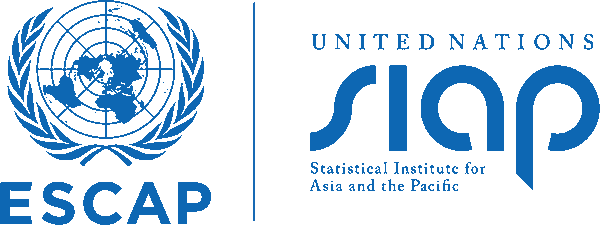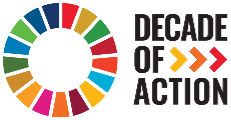
The objective of this training is to raise awareness and build technical capacity of national experts in Asia and the Pacific in terms of the importance and uses of sex-disaggregated statistics in agriculture, and for compilation, use and reporting of SDG indicators 5.a.1 and 5.a.2. The three main expected outputs of the regional training workshop are:
